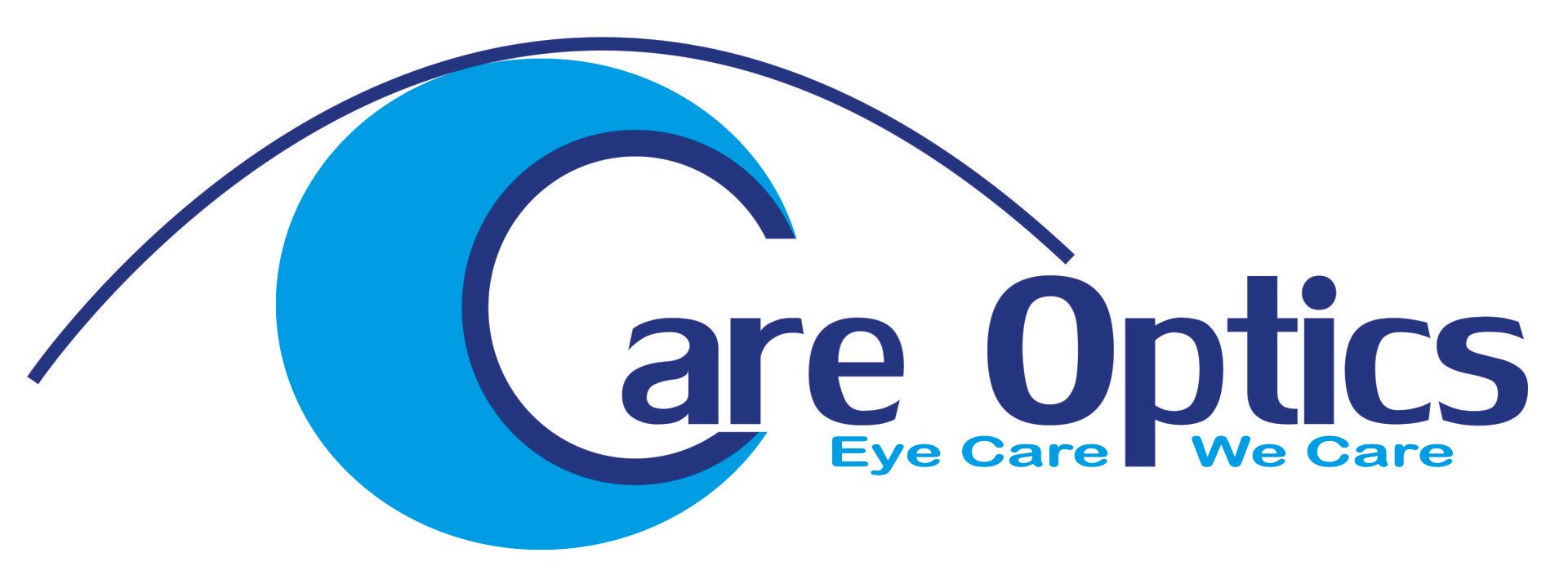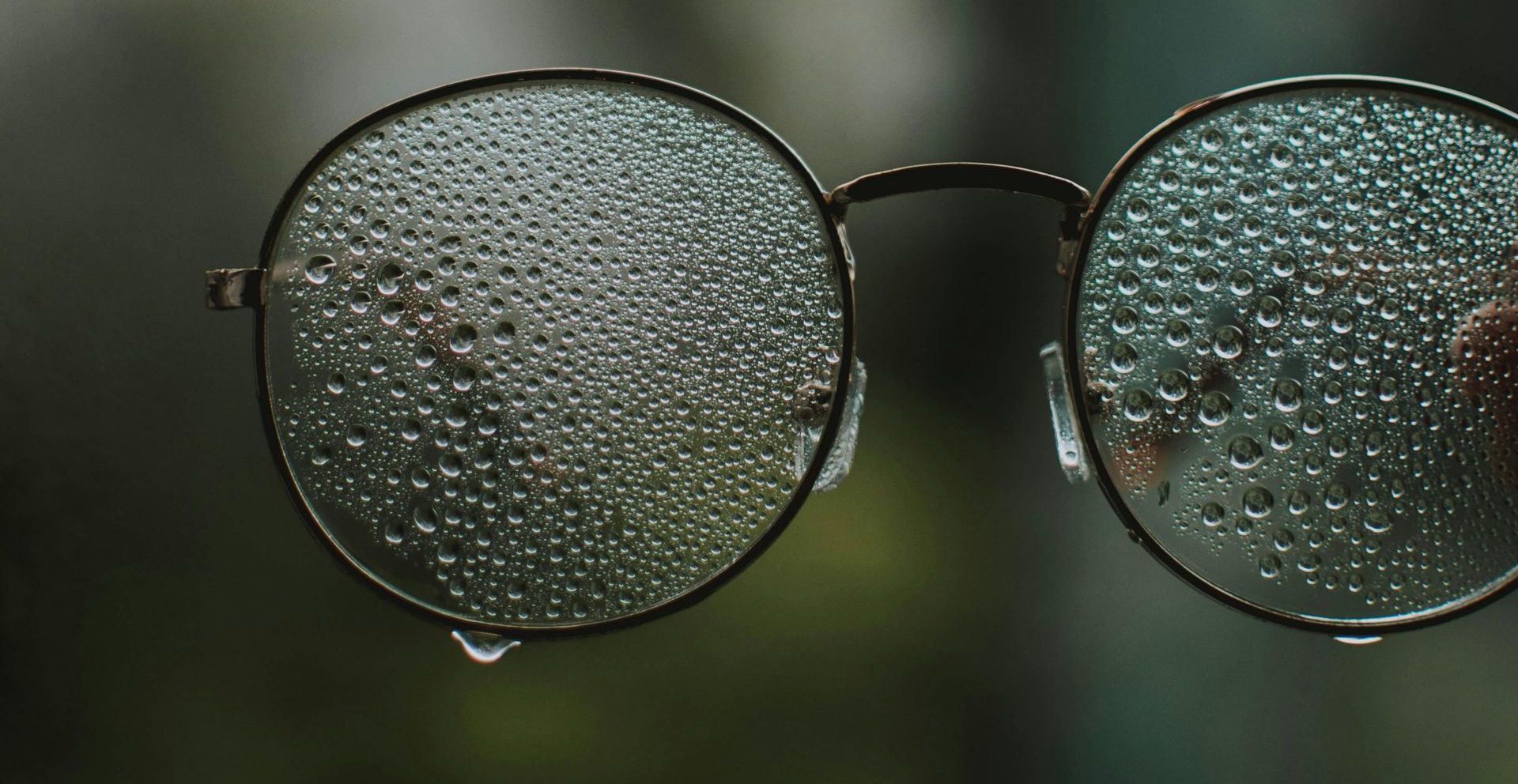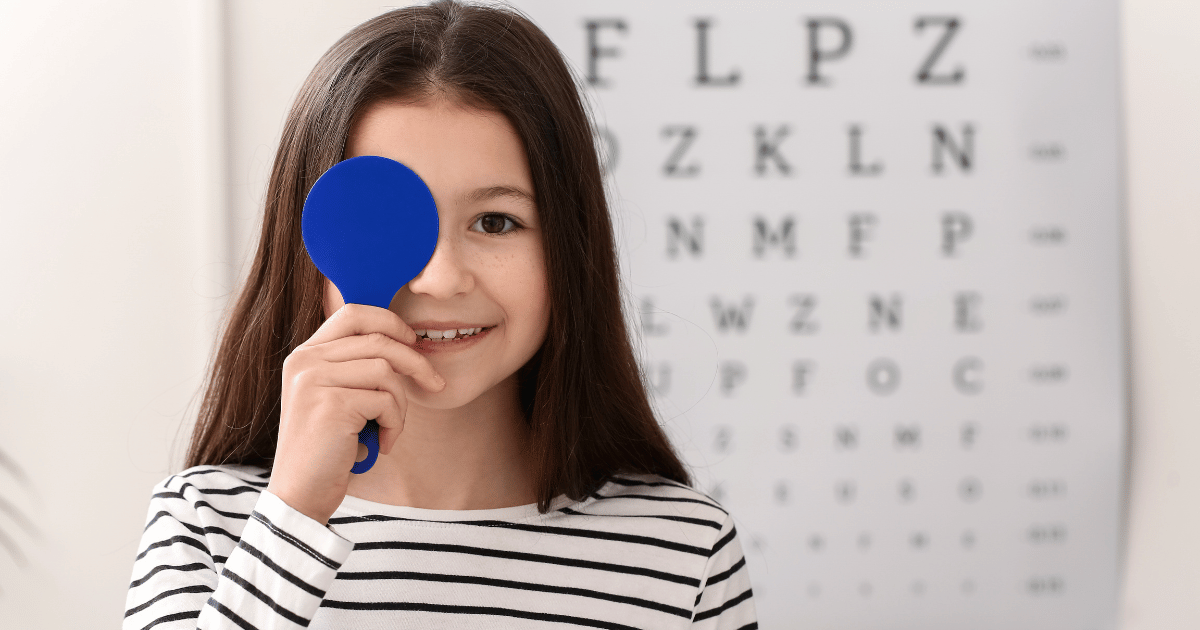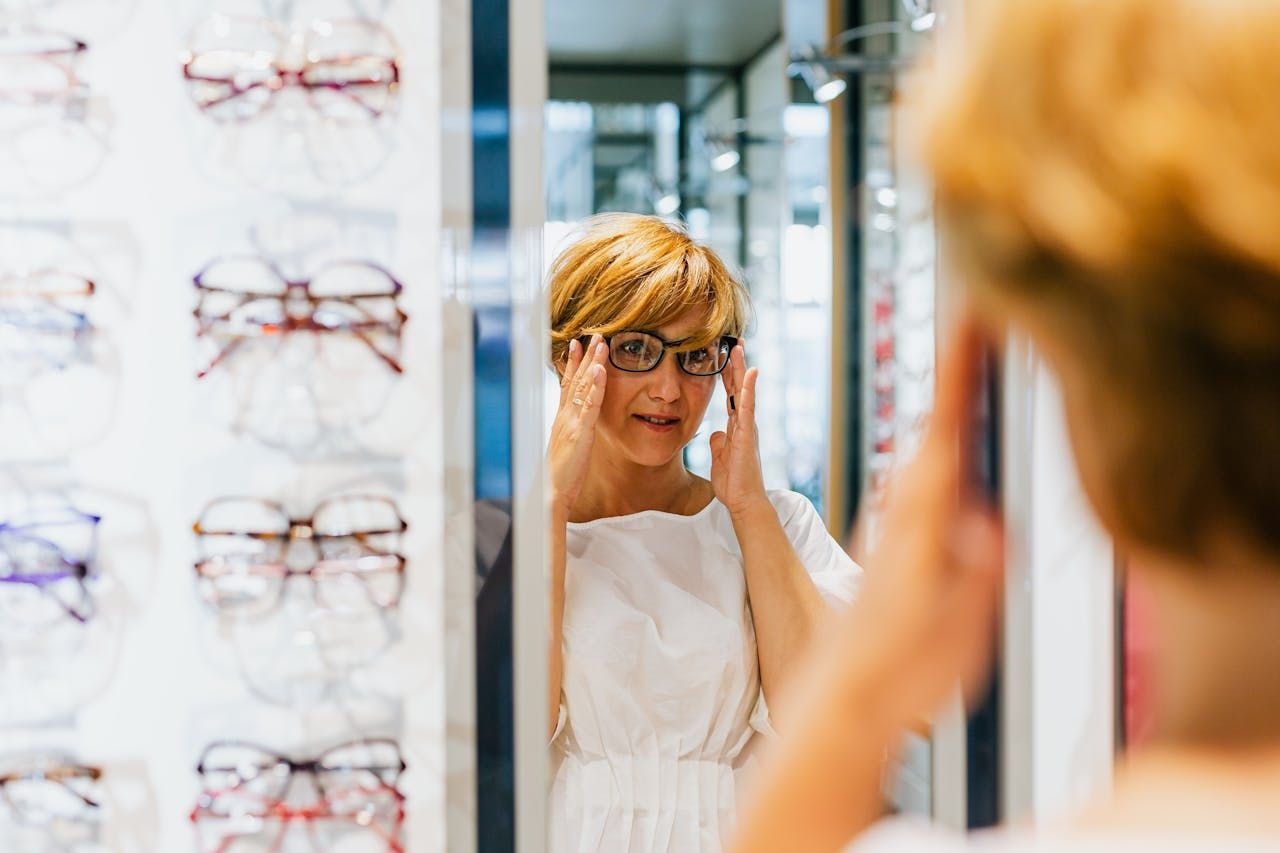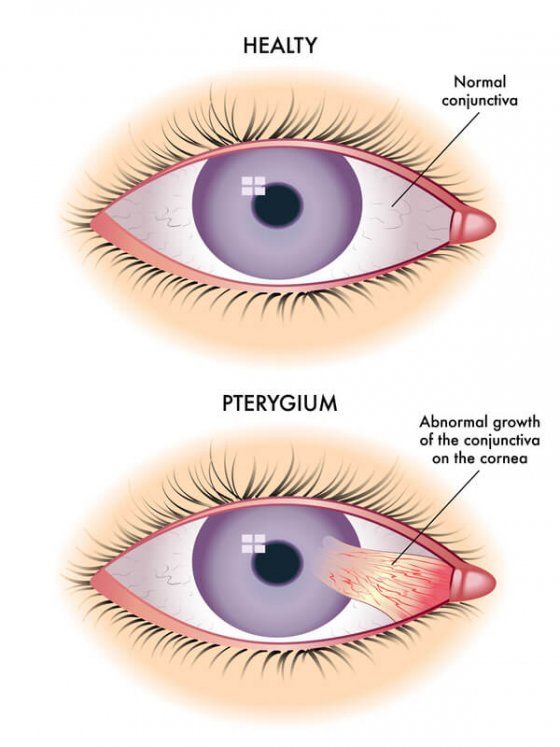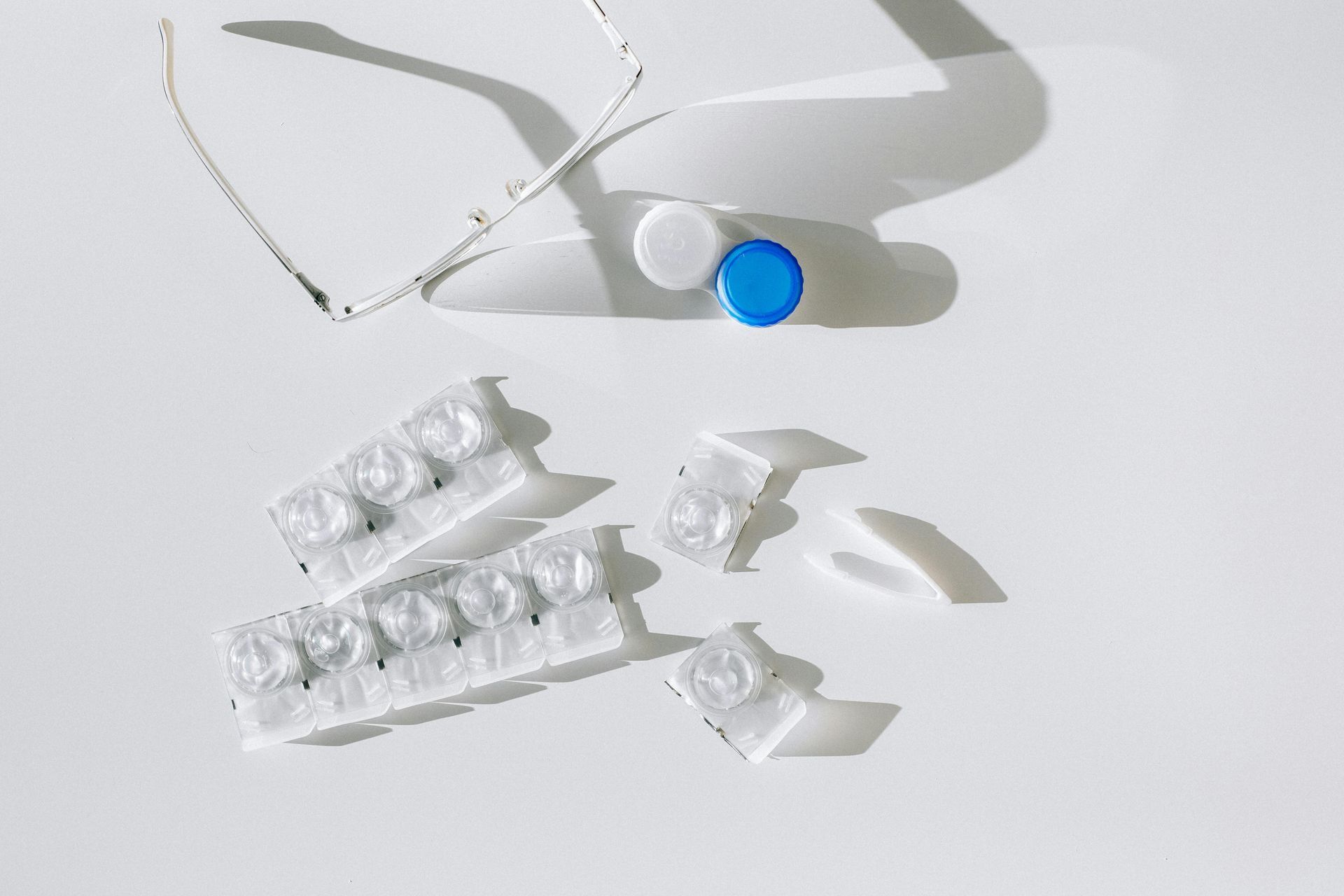World Diabetes Day
- By Monica Coelho
- •
- 10 Jan, 2023
- •

Diabetes & Your Eyes
Today we are raising awareness of a condition that affects millions of people around the world and one of the most common causes of blindness. But did you know this can be prevented and/or treated when early diagnosed and with regular eye health check-ups?
What is Diabetes exactly?
Diabetes is a chronic (long-lasting) health condition in which the body does not properly process food to use as energy. Most of the food that we eat is turned into glucose (sugar) and released into the bloodstream, for our bodies to use as energy. The pancreas then, creates a hormone called insulin to help the glucose reach the cells in our bodies. People who suffer from diabetes cannot produce enough insulin or cannot use their own insulin as well as it should, leading to an increase of glucose (sugar) in your bloodstream. There are 2 types of diabetes:
- Type 1 Diabetes: The patient's immune system attacks and destroys the cells that produce insulin. It requires daily administration of artificial insulin by injection or insulin pump;
- Type 2 Diabetes: The patient’s body does not produce enough insulin or the body’s cells do not react to it. Usually managed with a combination of a healthy controlled diet and medication (tablets). This type is far more common than type 1.
There is also a type of diabetes that develops during pregnancy for some women called gestational diabetes. This happens because their bodies are unable to produce enough insulin to absorb all the glucose. This type usually disappears once the baby is born.
4.7 million of people in the UK have Diabetes, 90% of those being Type 2 diabetics. According to statistics provided by the www.diabetes.org.uk 1 in 10 people over 40’s has now type 2 diabetes.
How does Diabetes affect my eyes?
Diabetes is the leading cause of preventable sight loss in the UK. Diabetes can affect your eyes in many ways and in some cases when left untreated, these complications might even lead to blindness. The most common complication is Diabetic Retinopathy.
Diabetic Retinopathy is a eye disease caused by high levels of glucose (sugar) and blood pressure in your eyes, sometimes causing serious damage in your eyes. When the blood vessels in your eyes are damaged, they can get blocked, leak or grow randomly, meaning the retina won’t get the blood it needs to work properly, and consequent you vision will also be affected.
There are 3 types of Diabetic Retinopathy:
- Stage 1 - Background Retinopathy: Tiny bulges develop in the blood vessels, that may cause slight bleeding, but usually it does not affect your vision. Even though your vision is not yet affected, you will need to prevent the problem from getting worse;
- Stage 2 – Non-proliferative Retinopathy: More severe and extensive changes affect the blood vessels, including more significant bleeding into the patient's eye. The damage is more serious than Stage 1 and will require your eyes to be checked and screened more often;
- Stage 3 – Proliferative Retinopathy: Scar tissue to the eye cells and development of new blood vessels, which are weak and bleed easily. This means you are now at very high risk of losing your sight.
There is also Diabetic Maculopathy which affects the middle of the eye, meaning you won’t be able to read or drive.
How to prevent Diabetic Retinopathy?
It is possible for most people to reduce the risk of developing Diabetic Retinopathy or preventing it from getting worse, by:
- Getting your eyes screened regularly;
- Spotting changes in your eyesight;
- Keeping your blood sugar levels, blood pressure and cholesterol in control;
- Taking your diabetes medication as prescribed;
- Having a balanced & healthy diet;
- Exercising and hydrating.
Changes to look out for:
- Floaters – if you start seeing what looks like wispy clouds, small black spots or little threads floating in and out of your vision;
- Dimmer Vision – when your vision looks darker, like you are wearing sunglasses all the time;
- Struggling to see in the dark.
Diabetic Eye Screening
Any person with diabetes >15 should be offered a screening once a year, or as often as the Optometrist advises. Screening should be done for the following reasons:
- Diabetic Retinopathy doesn’t show any symptoms in the earlier stages;
- The condition can cause permanent blindness if not diagnosed and treated promptly;
- Screening can detect problems in your eye before they start to affect your vision;
- When caught early, treatment can help prevent or reduce the chances of vision loss.
If you are diabetic and due for an eye test or you have any of the above symptoms described above, please make sure to book an eye check-up as soon as possible. At Care Optics we have specialists in Diabetic Retinopathy, so you will be in excellent hands. You can book that appointment over the phone or email and our staff will make sure to take precise details so you can have the best treatment according to your symptoms.
Keep in mind:
At Care Optics - Eye Care, We Care

We were honoured to once again be part of the Barking and Dagenham Chamber of Commerce Awards this year—a vibrant celebration of local enterprise, innovation, and community spirit. For the third time, we joined fellow businesses from across the borough to recognise the outstanding contributions being made to our local economy and community.
This year's event was particularly special for the Care Optics family. We were thrilled to be shortlisted for the Green Business Award, a recognition that speaks to our deep commitment to sustainability and environmental responsibility in all that we do.
The highlight of the evening was seeing our very own Director receive the prestigious Businessman of the Year award. This is an incredible honour and a powerful testament to his leadership, vision, and unwavering dedication to both our company and the community we serve.
A Legacy of Excellence
This year’s successes build on a proud history of recognition from the Chamber of Commerce. Our team’s dedication to excellence has been consistently acknowledged, and we are humbled by the commendations we've received over the years, including:
- Business of the Year (Winner, 2023)
- Employer of the Year (Winner, 2023)
- Training, Developing and Supporting Education (Winner, 2023)
- The Judges’ Award (2024)
- Customer Service
- Charity and Community Impact
- Innovation through the Use of Digital Media
Each award and nomination is a reflection of our team's collective hard work and our mission to deliver exceptional care and service. We believe a strong business is built on a foundation of community support, innovation, and a commitment to nurturing talent.
We extend our heartfelt congratulations to all the winners and nominees of the evening. We are inspired to be in the company of such incredible local businesses and look forward to many more years of growth, impact, and celebration within Barking and Dagenham.

As parents, we want to give our children every possible advantage—from a great education to a healthy diet and a safe environment. But one thing that often gets overlooked is their eye health. And when it comes to children’s vision, Myopia—commonly known as short-sightedness—is becoming more common than ever. At Care Optics, we specialise in Myopia Control, helping children maintain clearer vision and a brighter future.
Let’s explore what Myopia is, how to spot it in your child, and the amazing ways we can help manage and slow its progression.

Here at Care Optics, with our friendly teams in both Woodford and Dagenham, we're always on the lookout for the latest and greatest innovations to bring to your eyewear experience. And let me tell you, we're absolutely buzzing to announce our newest arrival: the revolutionary Ray-Ban | Meta smart glasses!
Imagine seamlessly blending iconic style with cutting-edge technology. Well, stop imagining, because these incredible glasses are here, and we're thrilled to be able to offer them to you. Get ready to step into the future of eyewear!
